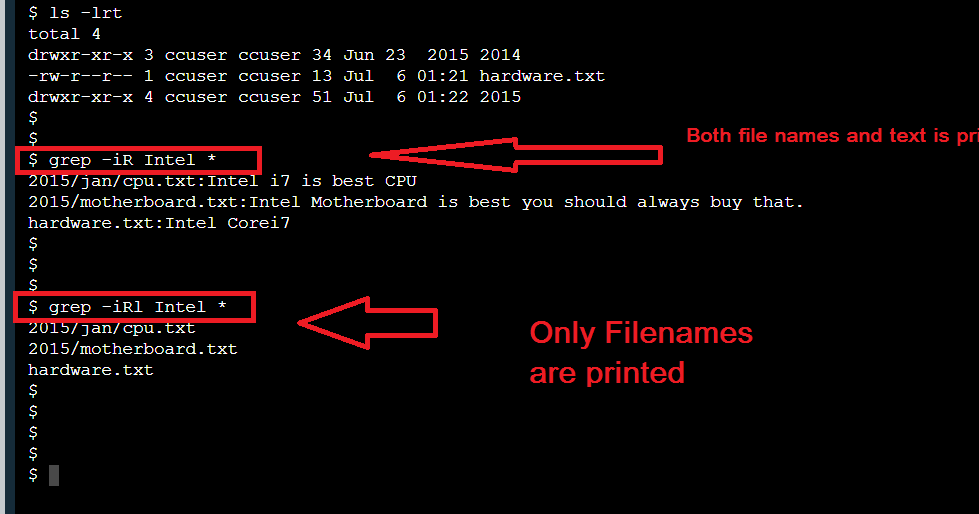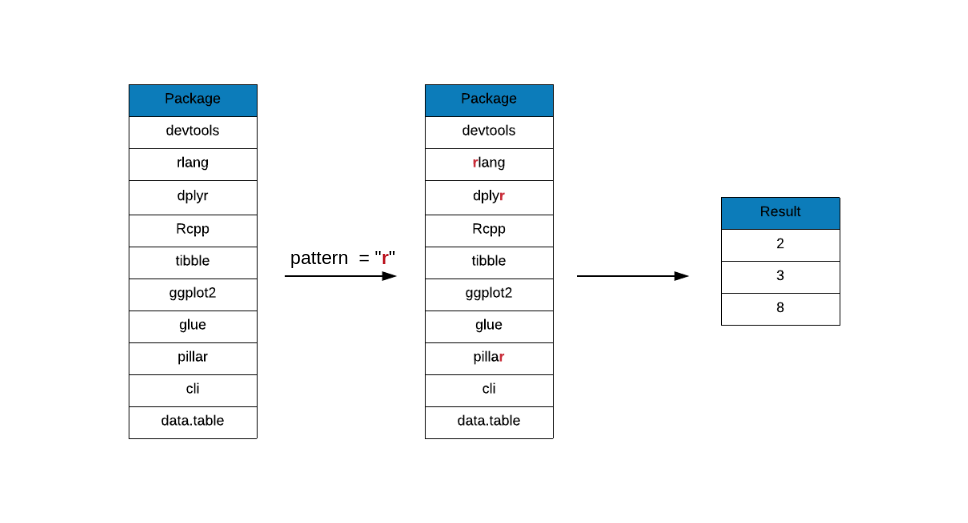

By default, a pattern matches an input line if the regular. I tried renaming it to /disk2/user/test/logs/, but it still says it is a binary file. The grep utility searches any given input files, selecting lines that match one or more patterns. I imagine somewhere in the log file are some control characters that are tricking grep, but the beginning and end of the file looks like normal text. The issue I'm facing is that grep finds the line but does not give it to me, instead printing message about it being a binary file: > grep -n 6307459 /disk2/user/test/logs/-23-42-52-7224.logīinary file /disk2/user/test/logs/-23-42-52-7224.log matches

I'm using grep to find the line number of the occurrence and then using head and tail to get the section I'm interested in reviewing. It is huge and I need to find around a million lines starting from the occurrence of a string 6307459 in the log file and view it in emacs. However this solves not the problem that. grep -binary-filestext new.sh grep -binary-filestext new.sh grep -binary-filestext / new.sh grep -binary-filestext o new. It shows the same output as we got for the -a option.

Places a line containing -between contiguous groups of matches. So you could use cat and pipe it to grep. Let’s use the alternative binary-filestext of the -a option for the grep command on the ‘new.sh’ binary file. Tag Description-A NUM, -after-contextNUM : Print NUM lines of trailing context after matching lines. So you could use cat and pipe it to grep. I'm on Centos 5 Linux and using GNU grep v2.5.1 and looking at a 36GB log file. If no files are specified, or if the file - is given, grep searches standard input. If no files are specified, or if the file - is given, grep searches standard input.


 0 kommentar(er)
0 kommentar(er)
